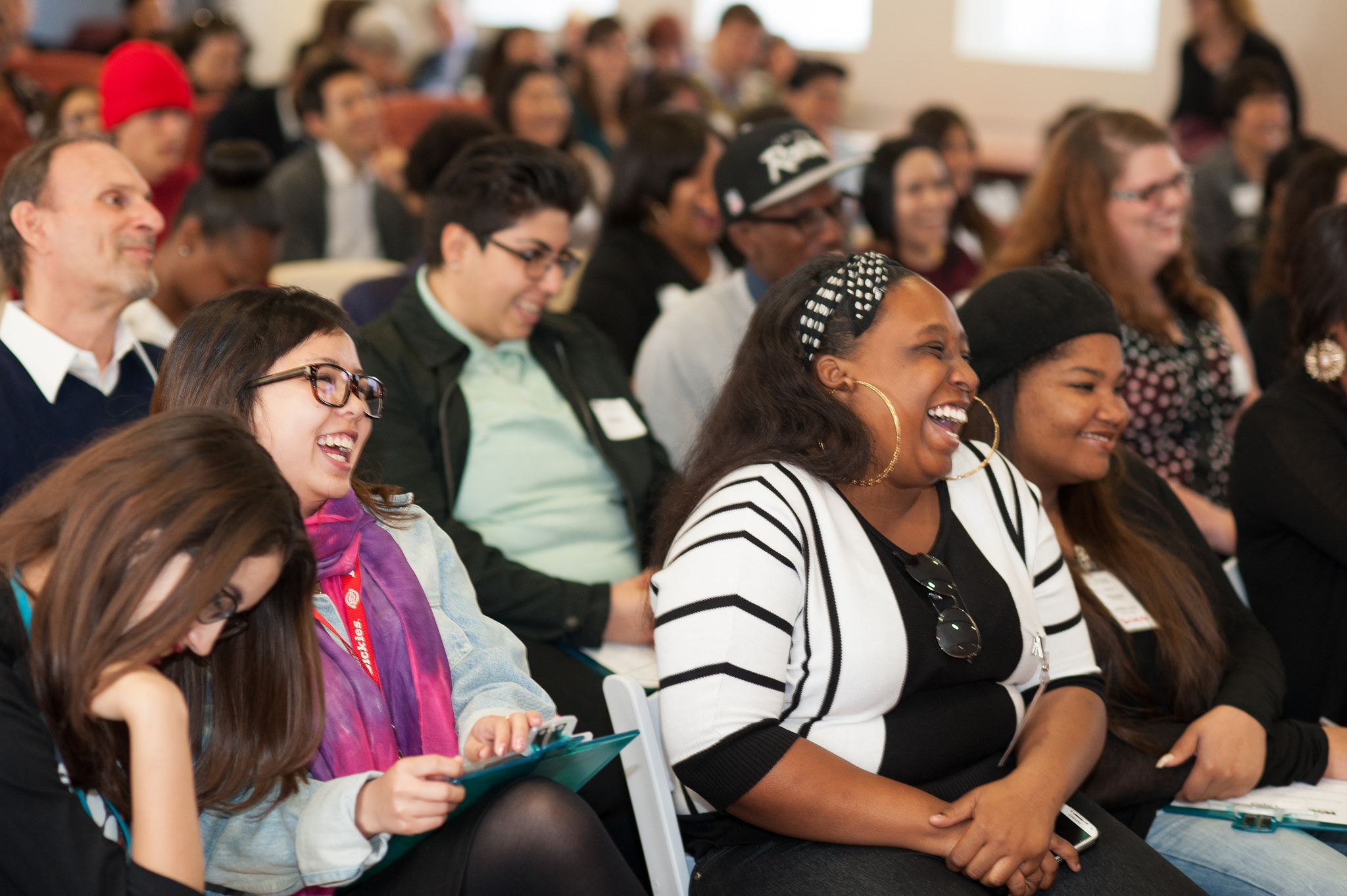George H. Maxwell
In the early 1900s, Pasadena was a magnet for wealthy Easterners in search of a winter respite. By the 1920s, however, the flow had diminished – that is, until the newly enlarged “destination resort” Vista del Arroyo Hotel re-energized the area, drawing guests to the sprawling Spanish Revival main building as well as its private cottages. In 1929, George H. Maxwell, a wealthy East Coast litigator and philanthropist commissioned architects Marston and Maybury to build a 13,000 square foot “bungalow” on the hotel grounds in the Mediterranean Italianate style with tile roofing, stucco walls, a Palladian entrance and elaborate detailing.
The soaring entry hall and decoratively painted ceiling panels provided the perfect setting to accommodate the Maxwells’ love of entertaining on a grand scale and today showcases paintings on loan from the historic California Art Club. Each winter, the house was abuzz with elegant parties and receptions until the Depression and then WWII took their toll, leading to the eventual abandonment of the property in the 1940s.
In 1943, the buildings were taken over by the U.S. Government for use as an army hospital treating injured soldiers returning from the Pacific war front. In 1949, the General Services Administration (GSA) took over; shortly thereafter, the buildings were abandoned, becoming surplus federal property and left neglected until the 1970s.
At that time, the Chief Judge of the U.S. Court of Appeals for the Ninth Circuit requested transformation of the hotel into a new courthouse. The tower was restored in 1985 to house the U.S. Court of Appeals for the Ninth Circuit. In 1987, the Honorable Dorothy W. Nelson, judge of the U.S. Court of Appeals for the Ninth Circuit, with a group of judges, lawyers and civic leaders, founded the Western Justice Center (WJC) to create programs to teach students, teachers and members of the community ways to resolve conflict peacefully.
Judge Nelson and her colleagues joined with the City of Pasadena to acquire the four neighboring bungalows that would comprise a center for non-profits and serve as the Western Justice Center headquarters. The City of Pasadena purchased the site and structures from the GSA and leased them back to WJC on a long-term basis for charitable purposes. Extensive renovations resulted in an architecturally acclaimed site; the Maxwell House, headquarters of the Western Justice Center, is listed on the National Register of Historic Places.
In a fitting coincidence, George H. Maxwell, a Syracuse University alumnus, established the University’s Maxwell School of Citizenship and Public Affairs in 1924, which now integrates conflict resolution in its curriculum.
Today, the Maxwell House houses Western Justice Center, which operates programs online, in schools and in the community, and on site.




